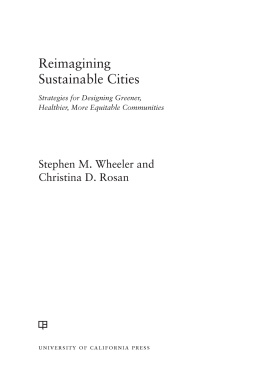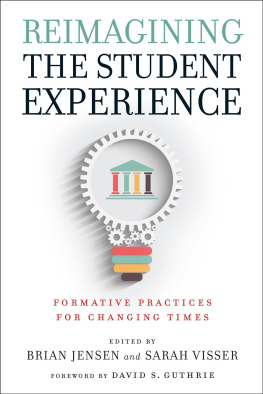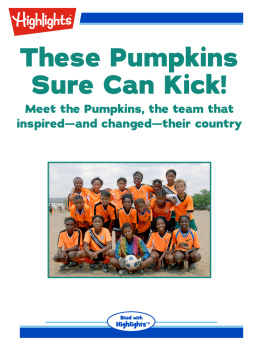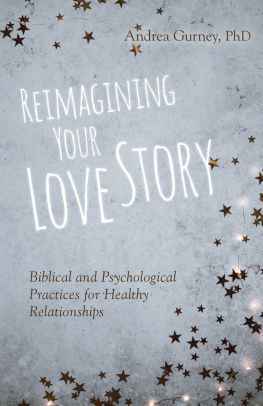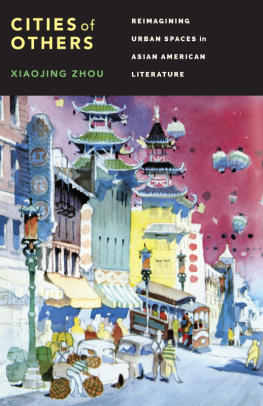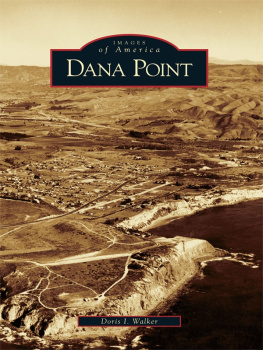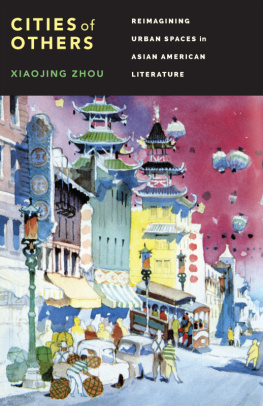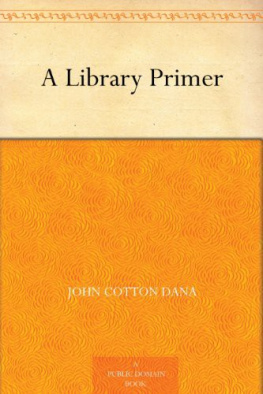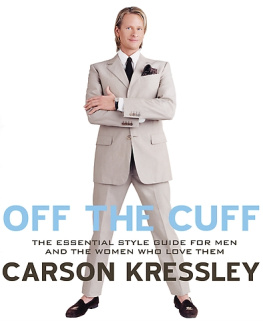Dana Cuff - Urban Humanities: New Practices for Reimagining the City
Here you can read online Dana Cuff - Urban Humanities: New Practices for Reimagining the City full text of the book (entire story) in english for free. Download pdf and epub, get meaning, cover and reviews about this ebook. year: 2020, publisher: MIT Press, genre: Politics. Description of the work, (preface) as well as reviews are available. Best literature library LitArk.com created for fans of good reading and offers a wide selection of genres:
Romance novel
Science fiction
Adventure
Detective
Science
History
Home and family
Prose
Art
Politics
Computer
Non-fiction
Religion
Business
Children
Humor
Choose a favorite category and find really read worthwhile books. Enjoy immersion in the world of imagination, feel the emotions of the characters or learn something new for yourself, make an fascinating discovery.

- Book:Urban Humanities: New Practices for Reimagining the City
- Author:
- Publisher:MIT Press
- Genre:
- Year:2020
- Rating:3 / 5
- Favourites:Add to favourites
- Your mark:
- 60
- 1
- 2
- 3
- 4
- 5
Urban Humanities: New Practices for Reimagining the City: summary, description and annotation
We offer to read an annotation, description, summary or preface (depends on what the author of the book "Urban Humanities: New Practices for Reimagining the City" wrote himself). If you haven't found the necessary information about the book — write in the comments, we will try to find it.
Dana Cuff: author's other books
Who wrote Urban Humanities: New Practices for Reimagining the City? Find out the surname, the name of the author of the book and a list of all author's works by series.
Urban Humanities: New Practices for Reimagining the City — read online for free the complete book (whole text) full work
Below is the text of the book, divided by pages. System saving the place of the last page read, allows you to conveniently read the book "Urban Humanities: New Practices for Reimagining the City" online for free, without having to search again every time where you left off. Put a bookmark, and you can go to the page where you finished reading at any time.
Font size:
Interval:
Bookmark:
- Chapter 1
- Chapter 2
- Chapter 3
- Chapter 4
- Chapter 5
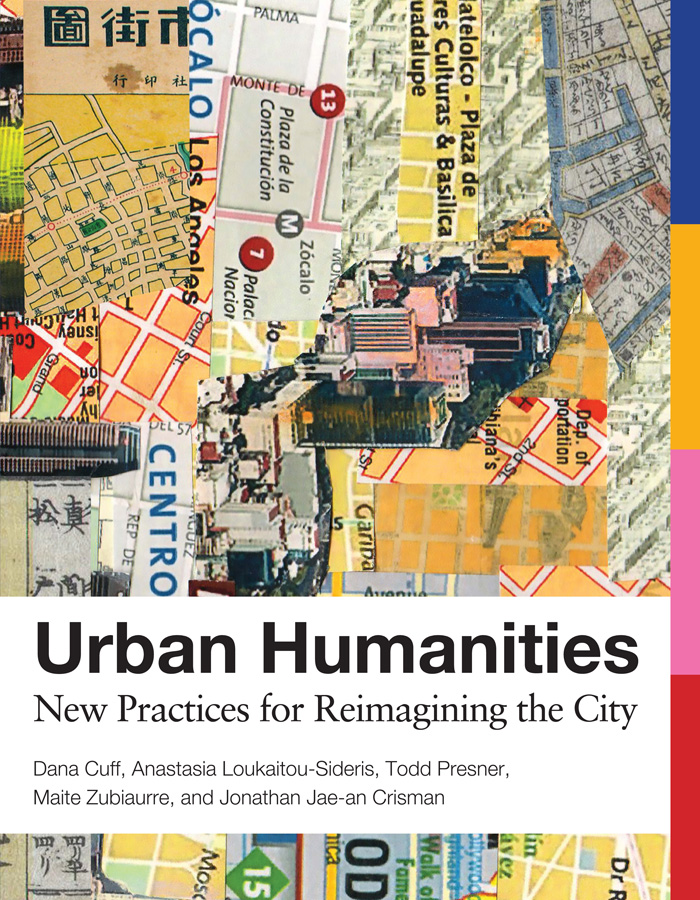
Urban Humanities
Urban and Industrial Environments
Series editor: Robert Gottlieb, Henry R. Luce Professor of Urban and Environmental Policy, Occidental College
For a complete list of books published in this series, please see the back of the book.
Urban Humanities
New Practices for Reimagining the City
Dana Cuff, Anastasia Loukaitou-Sideris, Todd Presner,
Maite Zubiaurre, and Jonathan Jae-an Crisman
The MIT PressCambridge, MassachusettsLondon, England
2020 Massachusetts Institute of Technology
All rights reserved. No part of this book may be reproduced in any form by any electronic or mechanical means (including photocopying, recording, or information storage and retrieval) without permission in writing from the publisher.
This book was set in Sabon and Helvetica by the MIT Press.
Library of Congress Cataloging-in-Publication Data
Names: Cuff, Dana, 1953- author. | Loukaitou-Sideris, Anastasia, 1958
author. | Presner, Todd Samuel, author. | Zubiaurre, Maria Teresa,
author. | Crisman, Jonathan, Jae-an, author.
Title: Urban humanities : new practices for reimagining the city / Dana Cuff,
Anastasia Loukaitou-Sideris, Todd Presner, Maite Zubiaurre, and Jonathan Jae-an
Crisman.
Description: Cambridge, MA : The MIT Press, 2020. | Series: Urban and
industrial environments | Includes bibliographical references and index.
Identifiers: LCCN 2019017368 | ISBN 9780262538220 (pbk. : alk. paper)
Subjects: LCSH: Cities and towns. | Architecture and society. |
ArchitectureStudy and teachingCase studies.
Classification: LCC HT153 .C84 2020 | DDC 306.76dc23 LC record available at https://lccn.loc.gov/2019017368
10987654321
d_r0
To Our Students
Series Foreword
2019 marked the twenty-fifth year of the Urban and Industrial Environments (UIE) series. When I first proposed the idea to then MIT Press editor Madeline Sunley, I envisioned the series attracting manuscripts that stretched disciplinary boundaries, appealed to both academic and general-interest audiences, focused on local and global questions, and expanded the definitions of environment to encompass the issues of everyday life. I wanted the series to have a strong social and environmental justice orientation, where its authors would see themselves as participants and not just observers.
With more than seventy-five books now in the series (see the list of titles at the back of this book), the books published have accomplished much of what I had originally proposed. The success of the series is also due to the role of the two subsequent MIT Press editors, Clay Morgan and currently Beth Clevenger, who helped support and nurture it, solicit new as well as recognized contributors, and advocate within the MIT Press for the kinds of books that often do not fit neatly into traditional disciplinary silos.
It is fitting then, as we continue to expand its reach, for the UIE series to be able to include Urban Humanities: New Practices for Reimagining the City. A collaborative work of people from different disciplines, the five authors see their collaboration as a means to establish what they call a new ecology of teaching and learning. The term urban humanities (first originating at UCLA where these authors formed their collaboration) emphasized the urban in a global context. These would be places, as Richard Sennett has argued, where people can turn outward, not inward... and give them the experience of otherness to be, as Sennett puts it, in the presence of difference. This concept of the urban contrasts with the neoliberal city, a place of what Saskia Sassen called expulsions, where lack of affordable housing, gentrification, financialization, displacement, and the privatization of public space all meet.
Research, in this context, is a practice rather than a set of methods; a fusion of research, representation and action, write the Urban Humanities collaborators. This type of action-oriented research agenda situates many of the books in the UIE series as well as my own work and practice as well. It is a form of engagement with communities and with universities. It starts with the classroom, breaking down barriers, creating new ways of thinking. It could be toxicology for poets or poetry for toxicologistsas one of our students characterized a multilayered collaborative course of four faculty that I participated in at UCLA twenty-five years ago; two of the first titles in the UIE series were written by former students who had been in that class. It leads to the community, or rather communities needing or seeking transformation. The action research agenda challenges the very divide between university and researcher and community and community actor. Instead of seeing and accepting universities as places of power and privilege, the urban humanities approach challenges universities to be of the community, and in that way challenges the unequal power relations and the walls that traditionally divide town and gown.
Moreover, Urban Humanities, similarly to many of the books in the UIE series, provides research and engagement at local, national, and global levels. Spaces, particularly urban spaces, are at once local, particular, and transnational, especially in an era when the itineraries of the refugees and immigrants are changing the very character of those places. Urban places can be desolate placesspaces of camps and walls, as described by the Urban Humanities authors, but also places where crossing borders elevates the importance of spatial justice and the necessity of turning global cities into places of resistance.
This book is timely and well situated historically. While the walls have not entirely come down, universities (and, I would argue, the university presses and journals that had previously sustained the divide) are seeking, albeit still tentatively, to break out of their isolation. Urban Humanities includes the search for interdisciplinarity, although the university reward system still discourages it. It includes the need to develop greater transparency and openness to the immediate and broader worlds around universities, although they all too often remain closed and self-contained places. It seeks to engage with communities, although communities require not just engagement but also action. And it searches for diversity when what is also required is social justice and transformation.
Welcome then, reader, to these contested spaces and to the emerging world of Urban Humanities.
Preface
This book embodies the core princi-ples of the Urban Humanities Initiative. This is a cross-disciplinary, project-oriented, and experimental curricular initiative at UCLA that draws from humanist practices to interpret and intervene in the city and is driven by a concern for social justice. We treat the format of this book as a generative framework for succinctly demonstrating the open-ended, transformative possibilities of urban humanities, and one possible and compelling way to present knowledge to a broader public audience. The creation of this book, like the urban humanities curricular and research initiative, was a deeply collaborative, design-oriented, experimental process involving all five authors at every step of the way. As we thought about how to articulate years of experiences in the classroom and research practices in multiple cities in a book format, we settled on several organizing ideas: first, a situated history of urban humanities as a developing concept and an intellectual framework; second, a set of emerging practices, with a wide range of research applications; third, a pedagogical component that examined how our teaching and curricula changed, especially through modes of public engagement and an emphasis on spatial justice; and, finally, a set of concrete projects about urban humanities practices in the field, composed and written by a range of collaborators.
Font size:
Interval:
Bookmark:
Similar books «Urban Humanities: New Practices for Reimagining the City»
Look at similar books to Urban Humanities: New Practices for Reimagining the City. We have selected literature similar in name and meaning in the hope of providing readers with more options to find new, interesting, not yet read works.
Discussion, reviews of the book Urban Humanities: New Practices for Reimagining the City and just readers' own opinions. Leave your comments, write what you think about the work, its meaning or the main characters. Specify what exactly you liked and what you didn't like, and why you think so.

